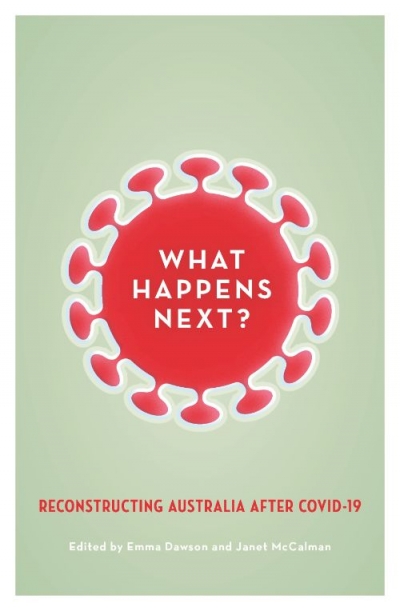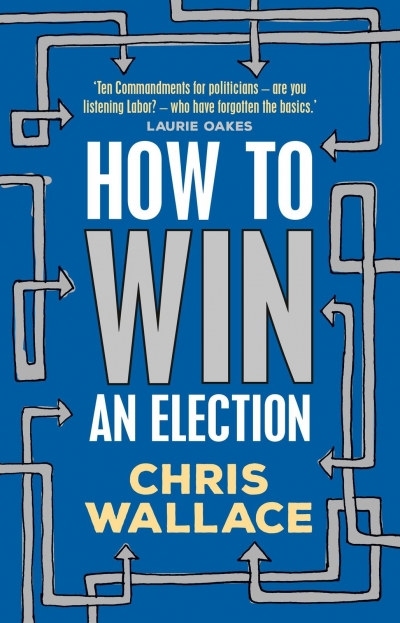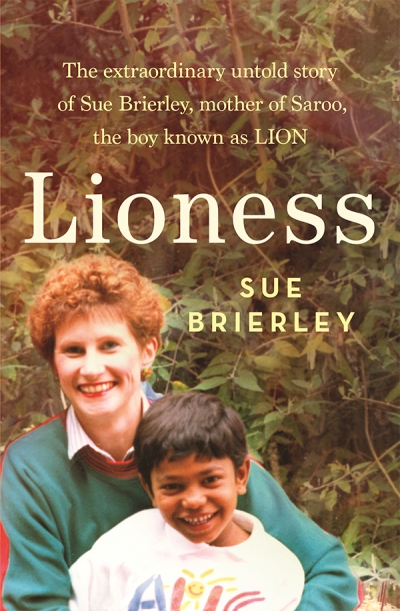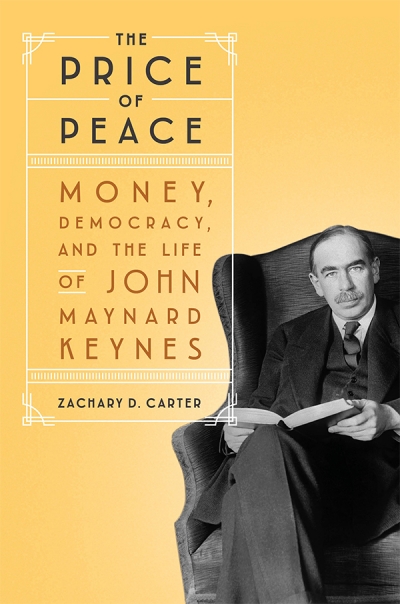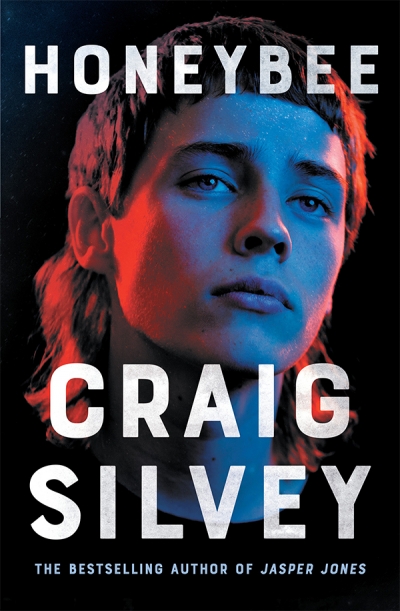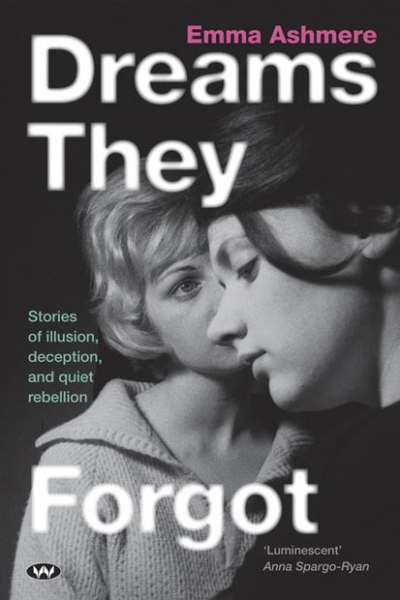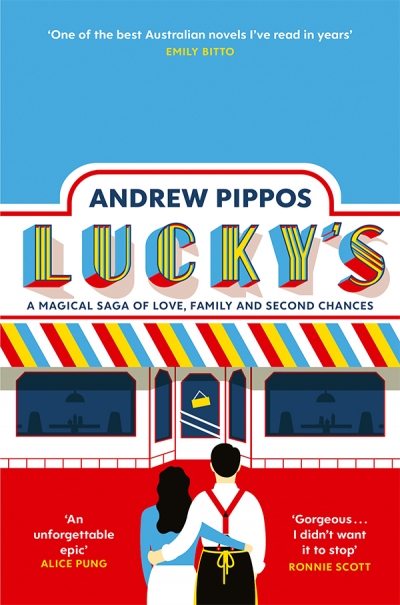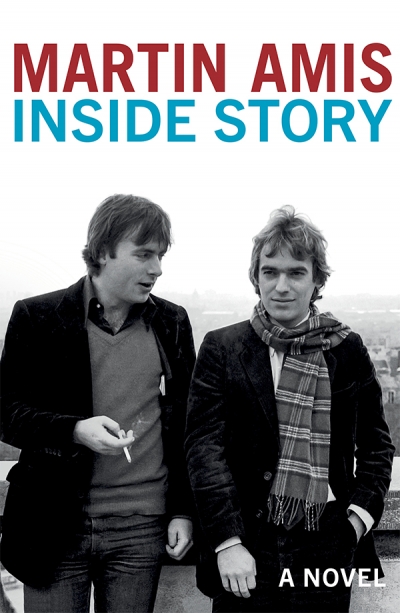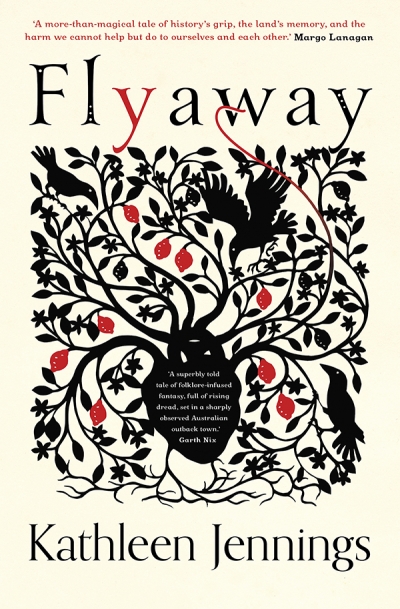VIC contributor
What Happens Next? edited by Emma Dawson and Janet McCalman & Upturn by Tanya Plibersek
by Morag Fraser •
Tony Page’s Anh and Lucien is an intricately plotted verse novel set in French Indochina during World War II. It centres on an unlikely same-sex love affair between Lucien, a colonial bureaucrat, and Anh, a young Vietnamese communist who supports Ho Chi Minh’s independence movement.
... (read more)Lioness: The extraordinary untold story of Sue Brierley, mother of Saroo, the boy known as Lion by Sue Brierley
by Margaret Robson Kett •
The Price of Peace: Money, democracy and the life of John Maynard Keynes by Zachary D. Carter
by John Tang •

